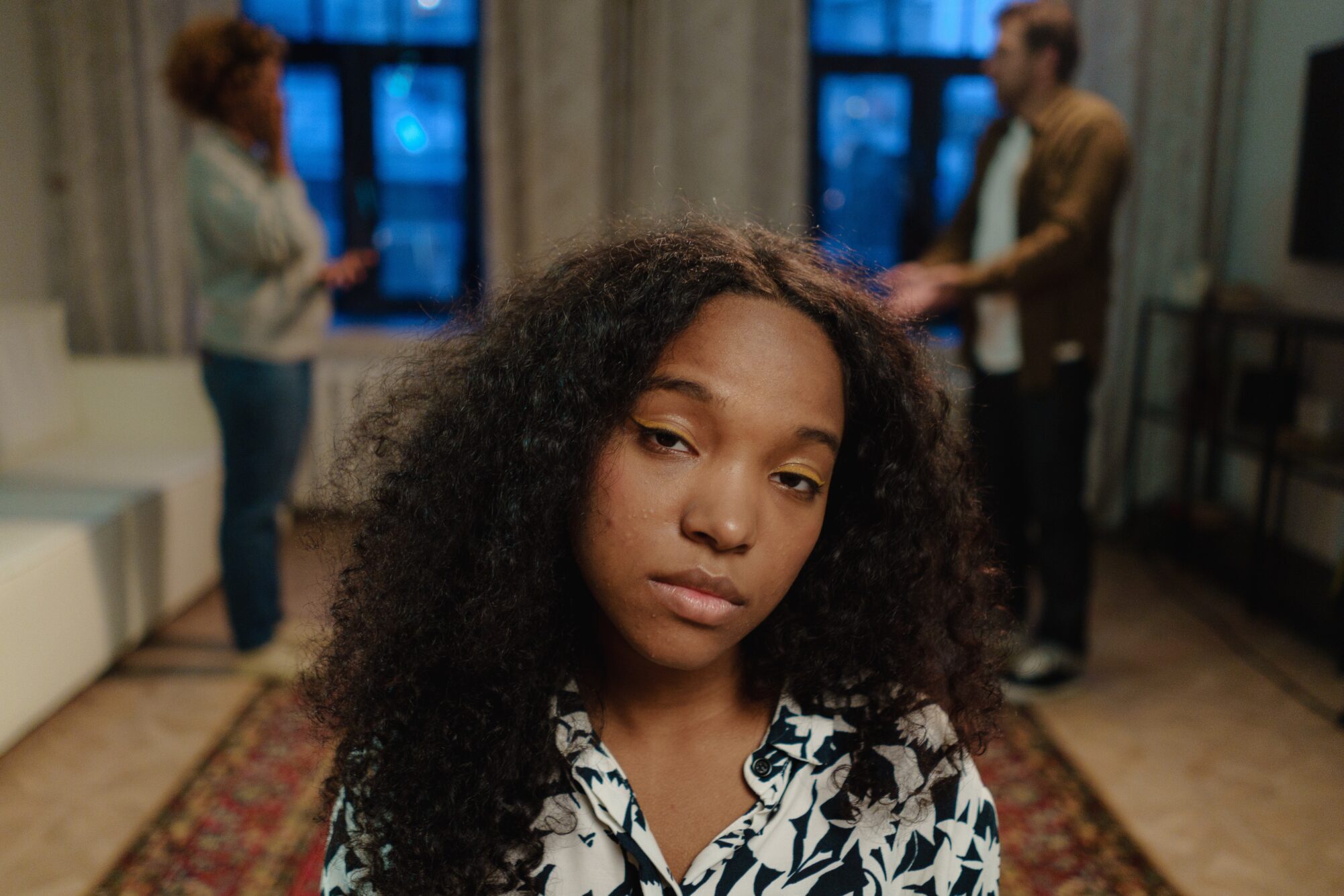Prioritizing the Socio-Emotional Health of College Applicants
Socio-Emotional Health
For whatever reason, a lot of the TV shows I’ve been getting hooked on recently are set in England. Ted Lasso and Sex Education are two that have made me laugh and drop my jaw almost simultaneously, while inspiring me to check in with my own mental health.
In addition to their Britishness, both shows depict therapy sessions in ways that grapple with stigmas surrounding the practice. Ted Lasso rages against his team’s psychiatrist, claiming that therapy is a sham, all the while having panic attacks that could be curbed by talking to a professional.
In Sex Ed, Jakob, partner of renowned sex therapist Jean Milburn, claims that folks who practice counseling and therapy only want money in exchange for what is, essentially, the facilitation of touchy-feely conversations that will never actually fix anything. Of course, what both Ted and Jakob so harshly reject is exactly what they end up needing most of all.
Everyone Can Benefit from Therapy
In fact, everyone can benefit from therapy. I repeat: everyone. Not just folks who are depressed. Not just folks who are experiencing grief or trauma. Everyone.
In exploring my own mental health, I’ve come to dwell, subconsciously, on that of the college applicants with whom I work every week. Their lives are so full. Of schoolwork and application to-dos, of sports practices, music lessons, club meetings, and family commitments.
Socio-Emotional Health is the Most Important Thing
Meanwhile, every one of these commitments seems to be jockeying for position as “the most important thing.” In reality, the most important thing is the mental health of the applicant which, unsurprisingly, will create quality efforts in all of these other areas if cared-for properly.
However, many of the applicants with whom I consult seem to be struggling – not necessarily in a novel way. Most of them just feel overworked and tired, like they don’t have enough time in the day to complete all of their tasks, and that everything is just piling up. This stress also intersects with a time in many of the applicants’ lives when they are experiencing their first romantic happinesses and/or disappointments, their first earnest thoughts of moving away from home, maybe even their first existential questions.
Live in the Moment
In my TV show, this last point inspires high school burnout and class clown Kyle to make the following out-of-character speech after visiting the memorial ground for the Battle of the Somme:
…we should try and live in the moment because we don’t have long.
So, if you love someone, you should tell ’em that you love ’em.
Tell ’em now.
Because it might be too late.
Life is fragile.
While these types of speeches can wax corny sometimes, this one hit me pretty hard, especially in the context of my students’ anxiety this fall.
Focusing on Socio-Emotional Health
All I can ask is that we make sure to focus on the socio-emotional health of our applicants this (and every) application season as much or – dare I say – even more than we worry about what schools they’re accepted to. The most important thing for young folks to learn how to do is to express themselves and live in their own life-defining moments.
Now, the college application process can be a way to learn how to celebrate, uplift, and better communicate reflection surrounding these moments. However, when it becomes a question of life or death, it’s damaging to a generation that has already experienced its fair share of damage, whether that’s in the form of our growing climate crisis, the pandemic, or the unrelenting display of injustice broadcast every day around our country.
Openness and Presence
Every college will present a life-changing experience to its newest class. That experience will, with very few exceptions, be a positive one, as long as students approach their surroundings with an attitude of openness and presence. Here, at Moxie, our job is to help that attitude feel natural, welcome, and loved.
Kyle’s right, in a way; life is fragile. But life is also fun and full. Let’s try to make sure that our applicants, our next generation of world-changers, don’t lose sight of that fact.
Share this article

Follow us
A quick overview of the topics covered in this article.
Latest articles
Reading Time : 2 mins
Reading Time : 3 mins
Reading Time : 3 mins




